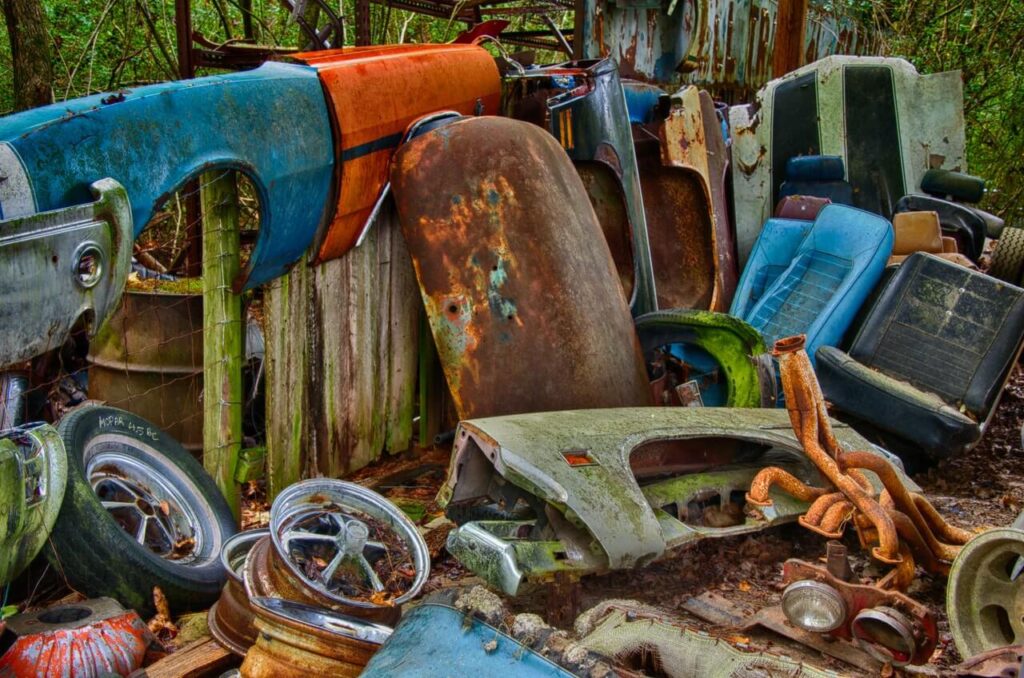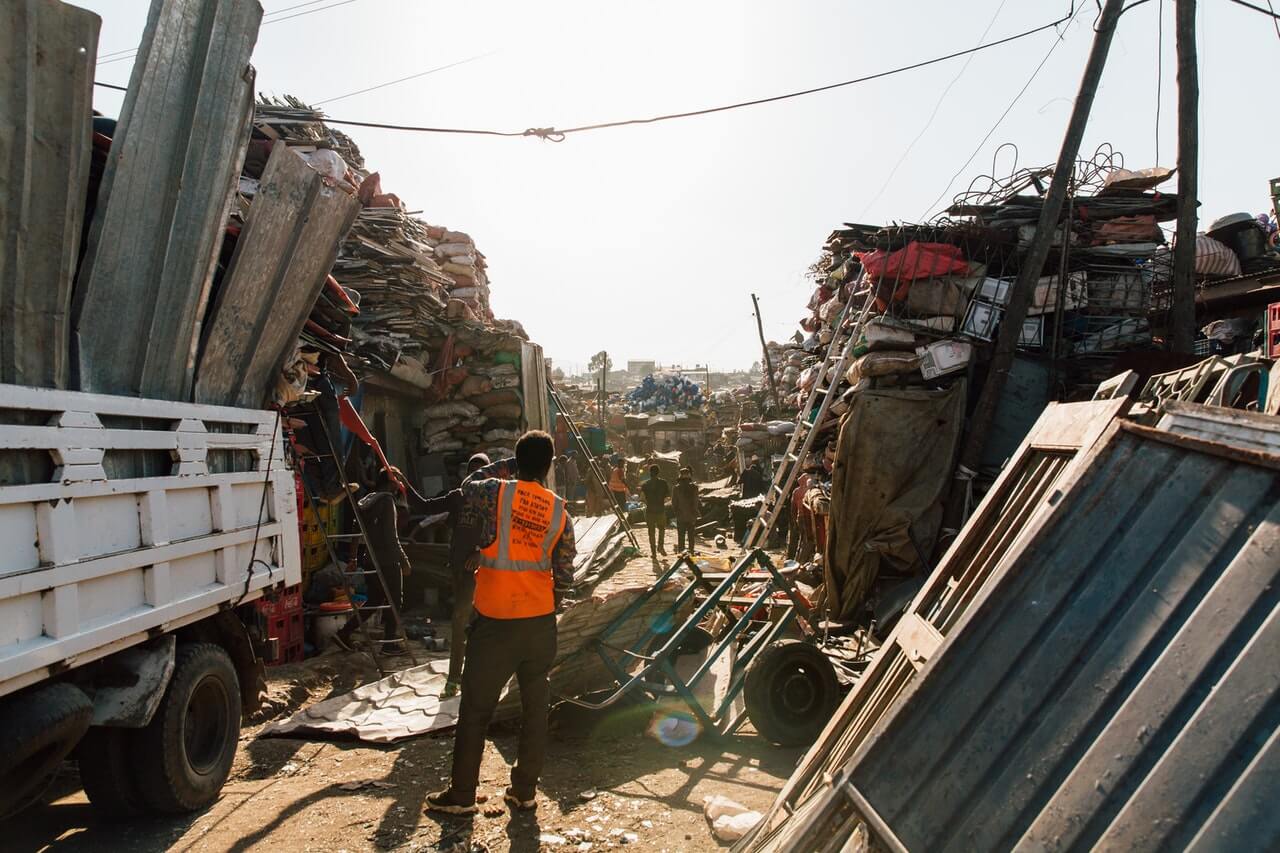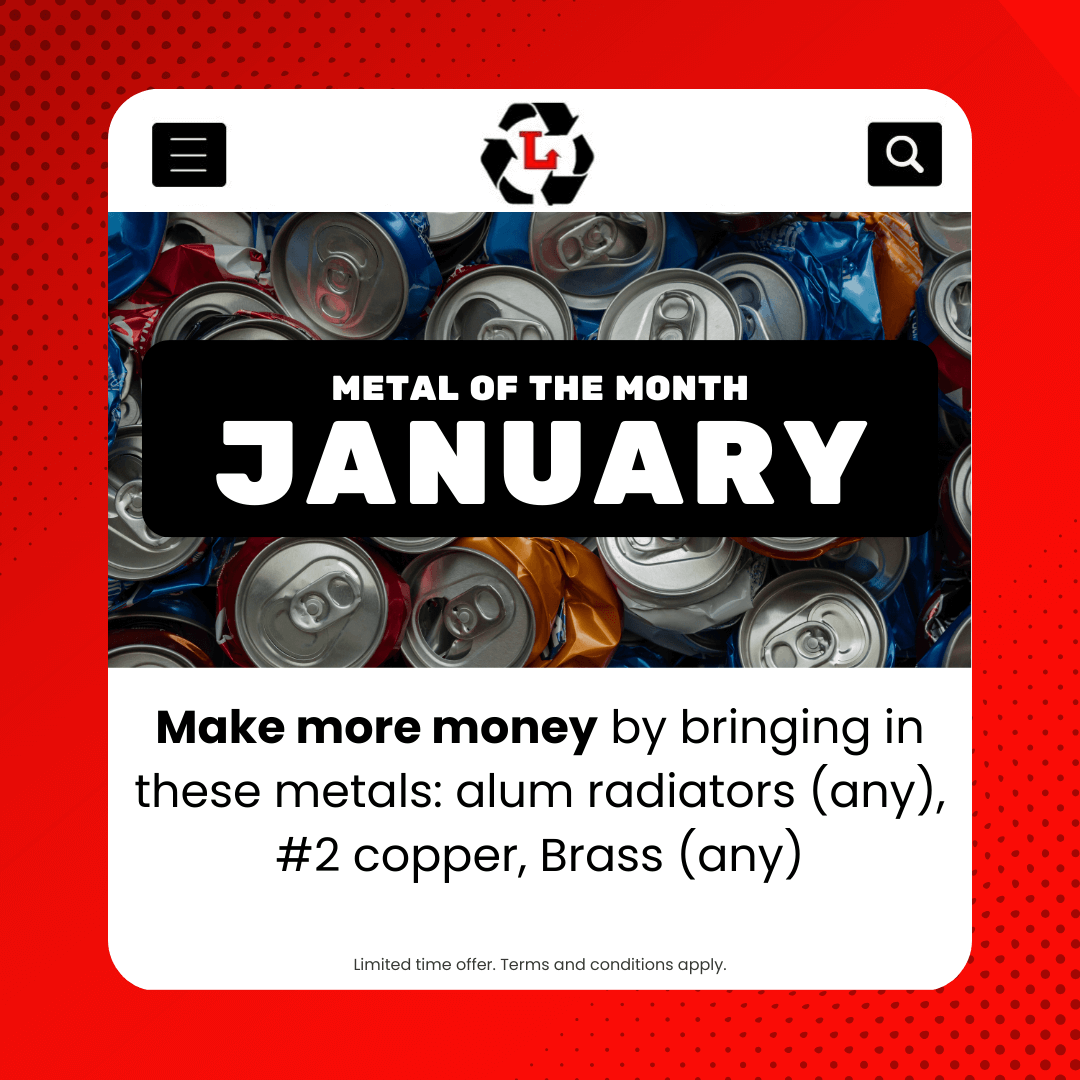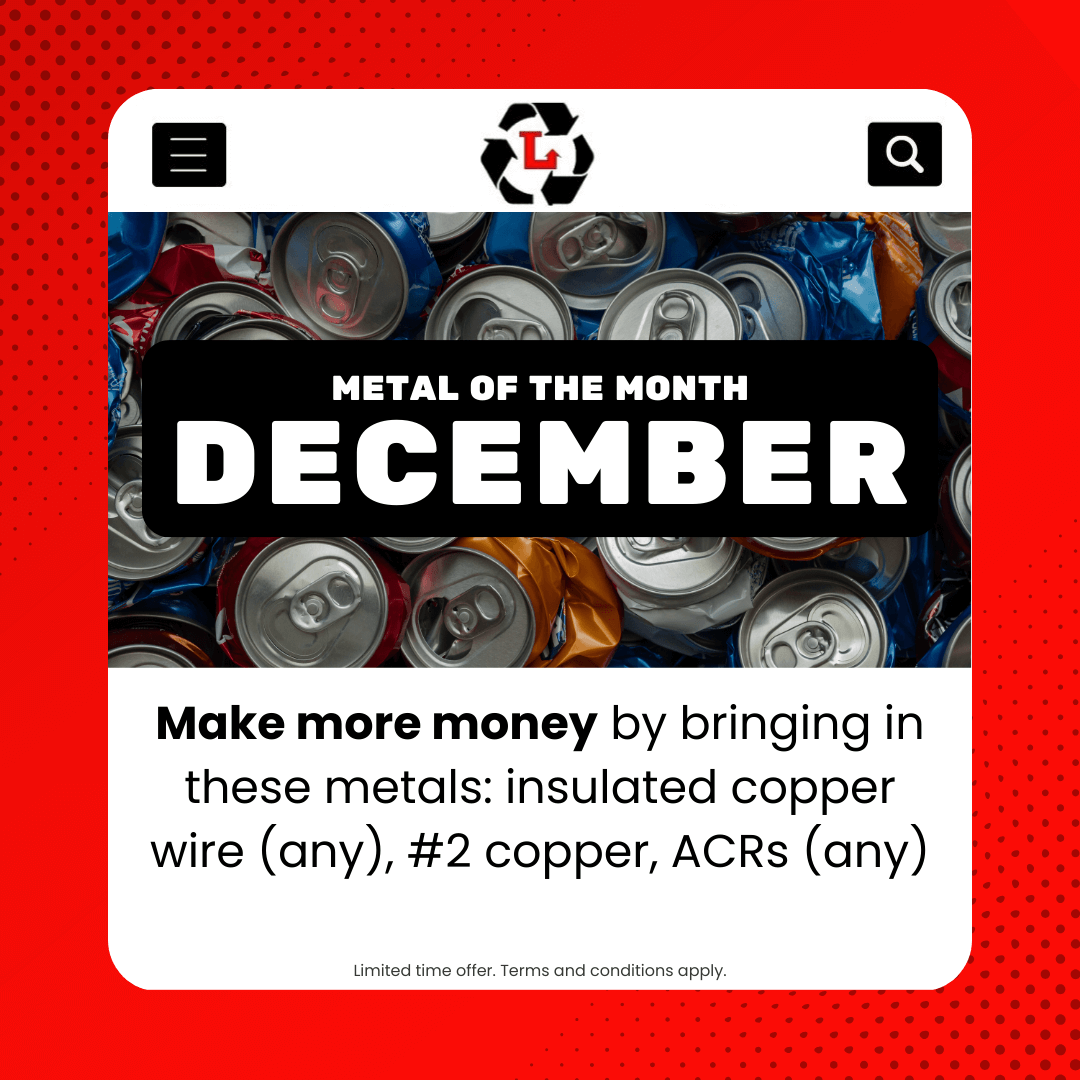Scrap metal is a mixture of metals that originate from various sources, such as appliances, computers or construction sites that are worth money. Metal is unique because most metals can be recycled over and over again without compromising the quality of the material.
Collecting scrap metal is a way to not only help the environment by scrap metal recycling but also a great way to make money. There might be lots of profitable things you can scrap around the house. There are some things that you should know before you start collecting scrap metal.
1. The difference between metals
Understanding the difference between metals is important and will make your life a lot easier. Scrap metal is often categorized as ferrous and non-ferrous metals.
The main difference between the two is the presence of iron. Ferrous metal contains iron, which means that it is magnetic. Ferrous metals are usually found in products such as appliances, tires and furniture. It is considered to be stronger than non-ferrous metal, while non-ferrous metal is more pliable and resistant to corrosion.
Non-ferrous metal maintains its chemical properties during recycling, meaning it can be recycled over and over again. Non-ferrous metals typically include aluminum, copper, nickel, lead, tin and zinc and come from wires, piping, fixtures, siding, chairs and old computers.

2. Metals that can be recycled
Before you start collecting scrap metal, you need to know what metals can be recycled and what metals can’t be recycled.
Common scrap metals that can be recycled:
Some scrap metals that cannot be recycled:
- Lead
- Mercury
- Plutonium
- Uranium
3. How to handle scrap metal safely
Collecting scrap metal can be fun and rewarding but it needs to be done safely for your own protection. Not only are you dealing with rusty metals, potentially sharp edges or possibly toxic substances, but you are also acquiring these metals by picking through trash or dumpsters or taking apart appliances.
At a basic level, anyone collecting scrap metals should wear gloves, eye protection, a helmet and work boots. It is also a good idea to wear clothing that covers your skin (e.g. long sleeves and pants) to prevent cuts or abrasions. Keep a well-stocked first-aid kit with you at all times, just in case!
Once you have acquired scrap metal, you will also need to ensure that you are transporting it safely. Remember to always tie down materials using rope, chains and bungee cords. The last thing you want is your precious scrap metal flying away during transportation.
4. Where to take your scrap metal
It is a good idea to do some research on where you can take your scrap metal once you start collecting it. Start by locating the closest scrap yard(s) and recycling center(s) near you. It might be worth even visiting them to start building a relationship with the dealers and understand the selling process.
Keep in mind that not all scrap metal can be recycled nor will it be accepted by all scrap yards or recycling centers. Some metals are not accepted for liability reasons, while others are not accepted due to access supply at that time. The scrap metal industry is variable, so it is always good to know what metals are being accepted at any given time.
It’s also good to ask what is required from you when you are ready to sell your scrap metal. The majority of scrap yards and recycling centers will require ID or other documentation (e.g. proof of purchase) as a measure to mitigate scrap metal theft.

5. The pricing of scrap metal
Understanding how the pricing of scrap metal works is important as it is not as straightforward as one might think. The scrap metal market is variable, meaning that the price can fluctuate frequently according to market value.
Understanding the pricing of scrap metal will also help you determine how to sell your items. For example, if it is more profitable to take apart an item (e.g. computer) for different scrap metals versus selling the whole unit.
Several factors influence the pricing of scrap metal, including supply and demand, geographic location and the metal’s lifecycle, quality and quantity. There are some third-party apps and websites that list the average prices by location that can be used as a guide. However, it is important to remember that ultimately prices are determined by the scrap yard or recycling center that you are selling to, so it is best to check with them.
In Conclusion
Collecting scrap metal can be a lucrative business or side hustle but there is a lot to know before you start. In addition to the 5 things you should know above, you will also want to check local laws to make sure that you aren’t accidentally breaking any laws.








